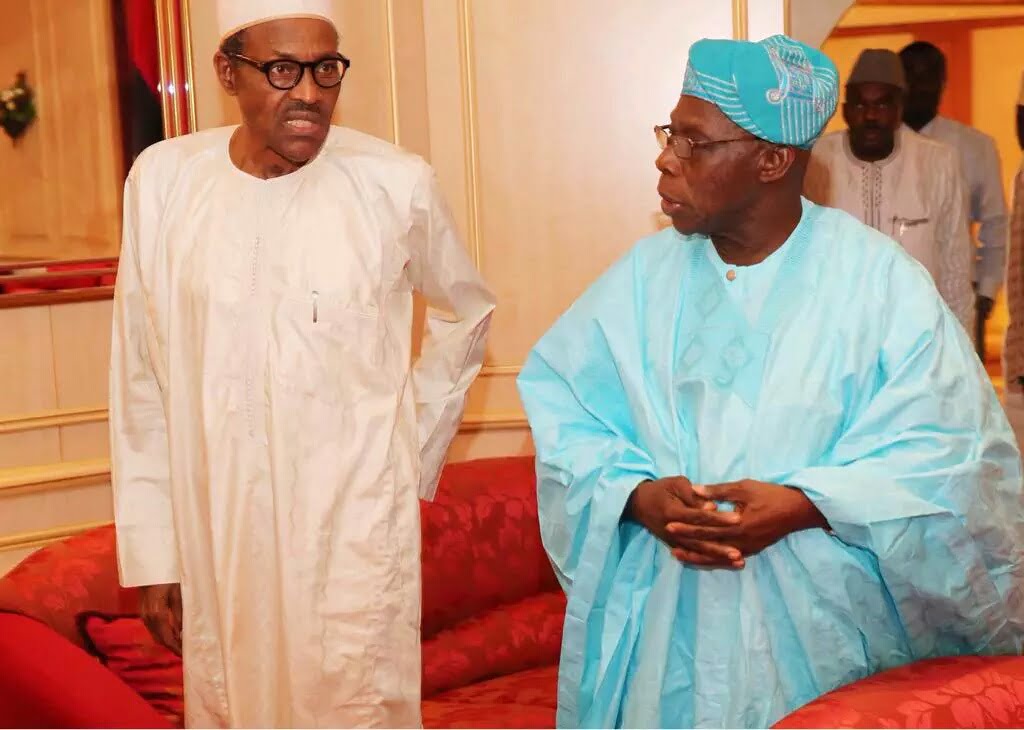Nigeria News
Court Orders Interior Minister, AGF To Justify New Expatriate Tax Regime

A Federal High Court in Abuja has directed the Minister of Interior, Olubunmi Tunji-Ojo, and the Attorney-General of the Federation (AGF), Lateef Fagbemi (SAN), to appear before it within three days to explain why the implementation of the proposed Expatriate Employment Levy (EEL) should not be halted.
Justice Inyang Ekwo issued the order on Thursday while ruling on a motion ex-parte filed by the Incorporated Trustees of New Kosol Welfare Initiative.
The plaintiff is seeking an interim injunction to stop the enforcement of the new taxation policy pending the determination of the substantive case.
The Controversial Tax Regime
The Federal Government unveiled the EEL on February 27, 2024, proposing mandatory levies for companies employing foreign expatriates.
The levy imposes annual charges of $15,000 (₦23 million) for expatriates at the director level and $10,000 (₦16 million) for those at non-director levels, according to court filings.
The proposed regulations include severe penalties for non-compliance:
Five years’ imprisonment and/or ₦1 million for inaccurate or incomplete reporting;
₦3 million penalties for late filing, late registration, or false information submission;
Additional ₦3 million penalty for failure to renew the levy on time.
Raphael Ezeh, the Programme Implementation Coordinator for the plaintiff, described the EEL as “anti-people,” arguing that it would stifle economic growth and burden businesses already grappling with existing taxation.
“The proposed taxation regime works like a choke-hold against the economic growth of the nation,” Ezeh stated, emphasizing that taxation must involve collaboration between the executive and legislative arms as stipulated under Section 59 of the 1999 Constitution (as amended).
Ezeh alleged that the Interior Ministry was preparing to implement the EEL fully, warning that the move could threaten the nation’s economic sustainability.
Judicial Directives
Justice Ekwo ordered that the defendants be served notice of the suit within three days, stating: “Upon being served, the defendants are hereby ordered to show cause why the prayers of the plaintiff ought not to be granted on the next date of hearing.”
The judge set January 16 as the date for the defendants to appear in court and present their justification for proceeding with the policy.
The Federal Ministry of Interior had earlier suspended the EEL implementation to allow for consultations with the Nigerian Association of Chambers of Commerce, Industry, Mines, and Agriculture (NACCIMA) and other stakeholders.
Despite this, the plaintiff argues that no meaningful adjustments have been made, raising concerns over the policy’s impact on businesses.







![[BREAKING] October 1: FG Declares Tuesday Public Holiday](https://www.naijanews.com/wp-content/uploads/2024/09/Tunji-Ojo-Interior-minister-e1696936401457-400x240.jpeg)
![[BREAKING] October 1: FG Declares Tuesday Public Holiday](https://www.naijanews.com/wp-content/uploads/2024/09/Tunji-Ojo-Interior-minister-e1696936401457-80x80.jpeg)


